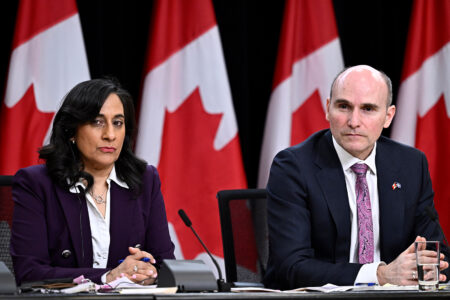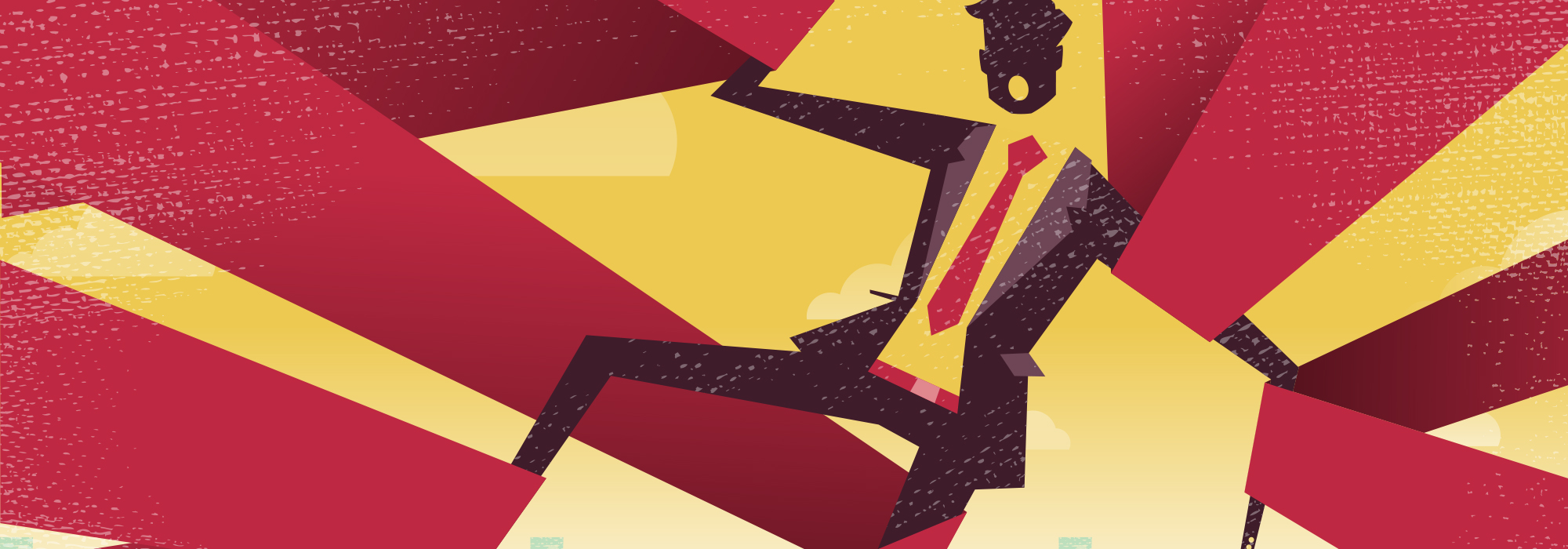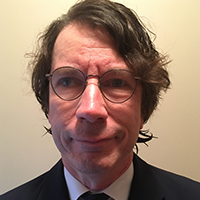
On October 15, 1958, the American journalist and broadcaster Edward R. Murrow gave a speech to members of the Radio-Television News Directors Association that was a searing indictment and ultimately prophetic warning about the dumbing down of American society and civic culture brought on by the new medium of television. At the time, Murrow was the most celebrated reporter in the United States.
Murrow worried that the potential for television as a vehicle to educate and inspire citizens would be suffocated by the commercial preoccupations of sponsors, and that rather than enlighten, television would give way to “escapism and insulation from the realities of the world.” Instead of a teaching tool, he despaired, television — even then — was in danger of being a vehicle to “distract, delude, amuse and insulate us.” It is so much easier (and cheaper) to avoid confronting people with honest truths and stark realities. After all, we might run the risk of bringing unwanted attention to certain inconvenient truths.
As I retire from the public service, I worry about public policy-making — specifically the role of the public service today — much in the way that Murrow worried about television. Perhaps it is because I started my career at a very different time and in a vastly different environment than those in which I am ending it: pre-Internet, pre-social media. My formative years as a student were informed by leaders of different partisan stripes whose vision extended beyond their own borders, including Peter Lougheed, Allan Blakeney, William Davis and, yes, René Lévesque. I remember the October Crisis in 1970, the election of the Parti Québécois in 1976, the 1980 referendum and the constitutional debates of 1981-82. In the words of that old Pete Seeger tune, “Wasn’t that a time?”
My work as a policy analyst and adviser in federal-provincial relations often consisted of detailed research and reporting on discussions with our provincial-territorial government counterparts, as well as supporting senior officials and ministers at various intergovernmental meetings. For many years this was valuable work and was supported as such. As time when on, however, innovative thinking and advice appeared to give way to institutional timidity and a public service culture where offering contrary thinking was deemed unhelpful or unwelcome. This is how public service goes from a calling to a debilitating grind.
During my career, I lived through several public service “renewal” initiatives — Public Service 2000, La Relève Initiative, Blueprint 2020 — yet each of these attempts suffered from the same essential flaw: they were internal reviews led by the federal public service itself and as such highly unlikely to challenge the status quo in any serious way. Not surprisingly, these efforts ultimately produced little that was new or innovative concerning such key issues as recruitment, renewal, the loss of corporate memory, the public service-political relationship and the role of the public service as a vehicle for policy innovation and advice.
The federal public service has historically been the subject of royal commissions that injected the kind of fresh thinking that only an outside perspective can bring. Both the 1962 Royal Commission on Government Organization (the Glassco Commission) and the 1979 Royal Commission on Financial Management and Accountability (the Lambert Commission) were sweeping inquiries into key public service reform issues of the day. A comparable independent and wide-ranging examination of today’s federal public service is long overdue.
In my view such a serious review is necessary in the face of a policy environment that is paralyzed by institutional timidity. The public service today too often gives the appearance of a parallel world in which we deny the existence of problems, preferring to refer to the softer idea of “challenges” instead. I don’t know at what point we became so afraid to confront difficult choices, or to be honest in our advice to those in authority.
We check absolutely every decision with superiors, including routine tasks such as booking a meeting room, to avoid taking responsibility for fear of making a mistake. We “engage” with our partners in the provinces and territories and with external stakeholders, but we don’t really listen. We tell our political masters what they want to hear at the expense of telling them what they may need to know. This desire to avoid making hard choices, presenting bad news, admitting mistakes or simply saying no is what brought us the Phoenix pay system debacle.
The role of a policy adviser can and should always be to convey necessary information in an honest way, whatever the ultimate decision at the political level. We owe that to our superiors. We owe that to the public. We owe that to ourselves as professional public servants.
Photo: Shutterstock by jorgen mcleman
Do you have something to say about the article you just read? Be part of the Policy Options discussion, and send in your own submission. Here is a link on how to do it. | Souhaitez-vous réagir à cet article ? Joignez-vous aux débats d’Options politiques et soumettez-nous votre texte en suivant ces directives.









